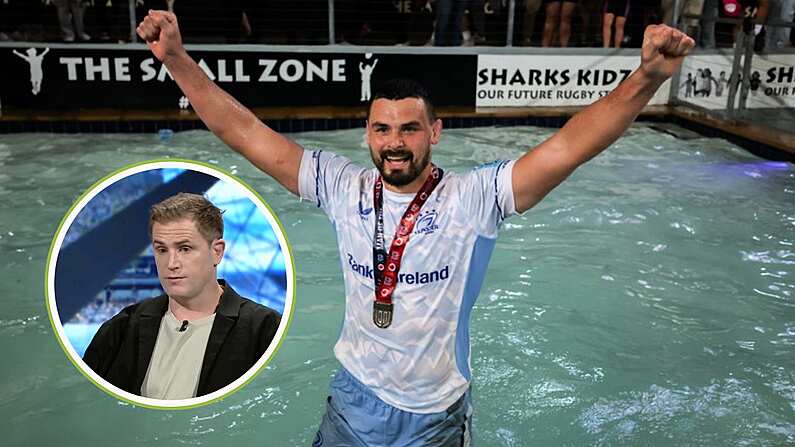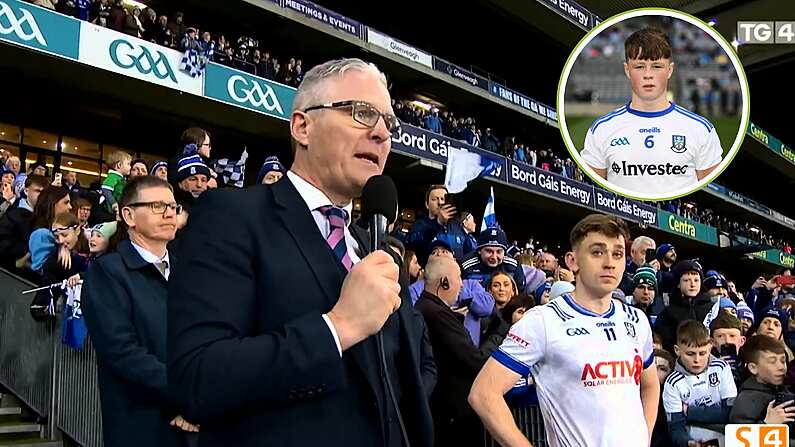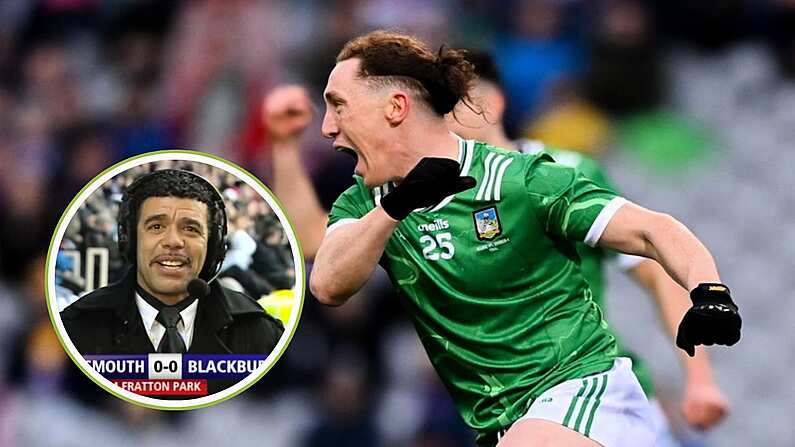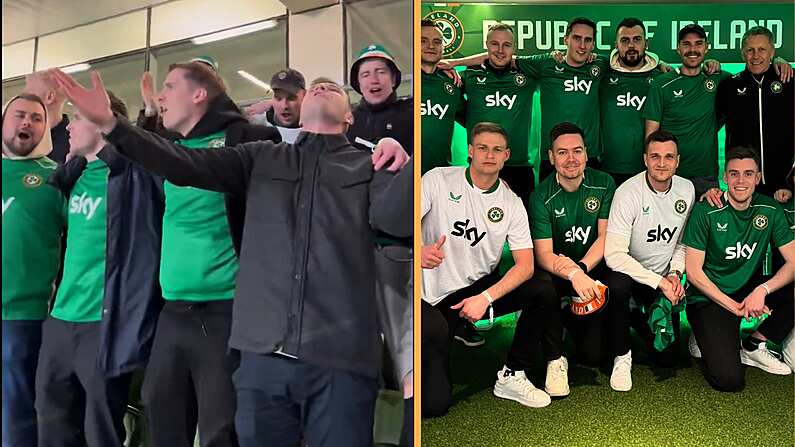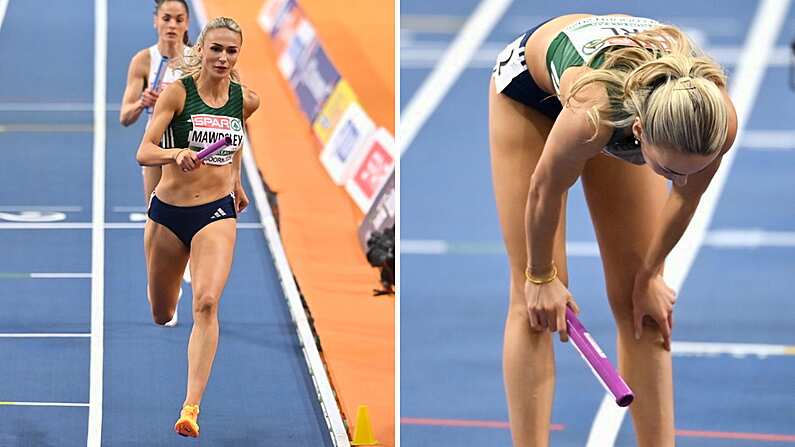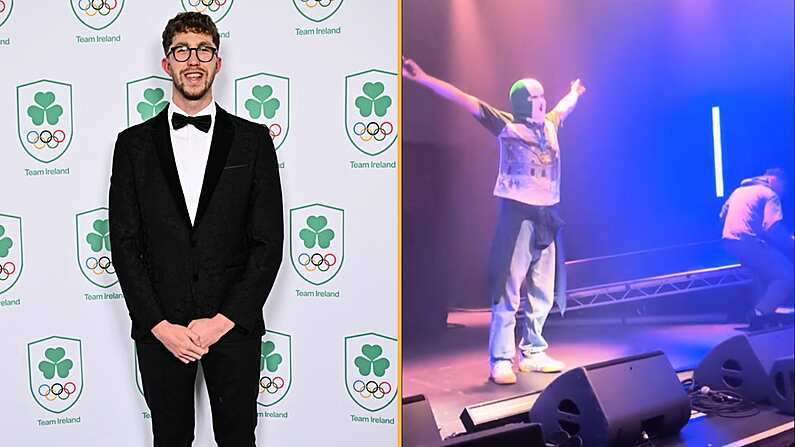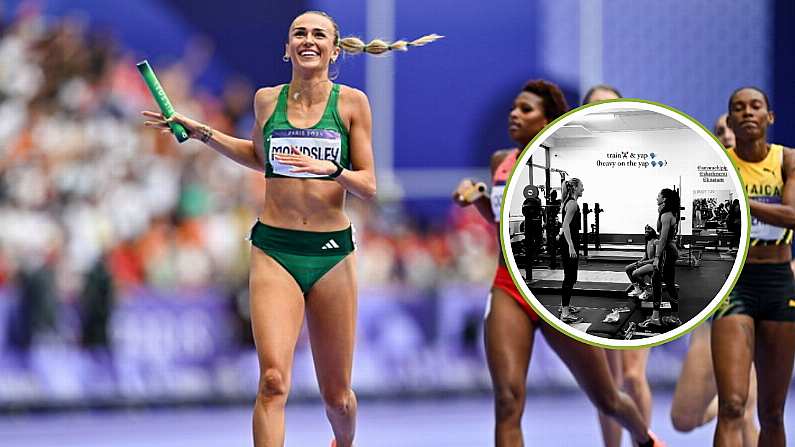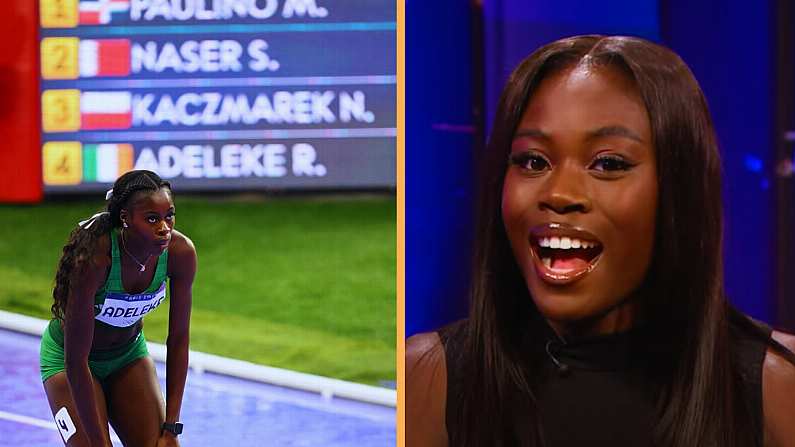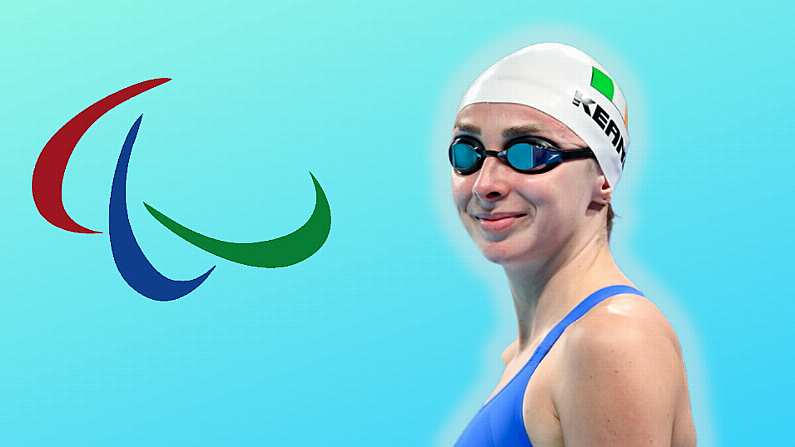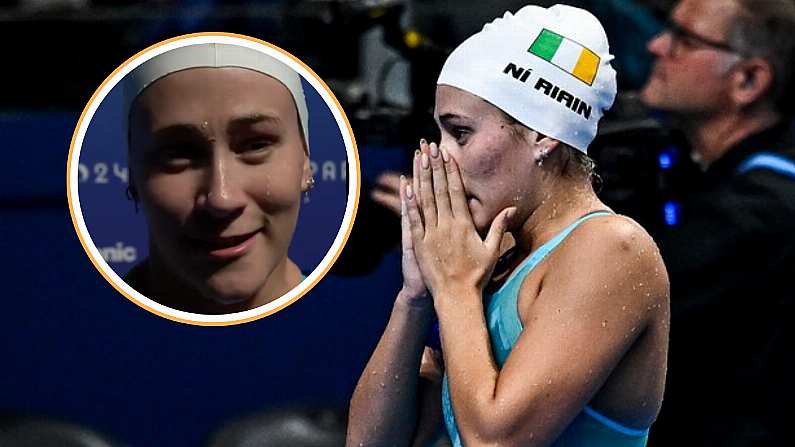The stadiums lie hush and empty, the waters undisturbed. Silently the curtains close, and the world's gaze moves swiftly on. A nation returns to its own problems. The Olympic and Paralympic Games in Rio have drawn to a close and the athletes who charmed us throughout their duration now move among us once more, trying to cope with a normality it seems they left behind long ago.
An Olympics or Paralympics finishes and for some athletes this simply brings to a close one such cycle of many. Focus immediately switches to new goals, future races, targets that need to be matched. But for others it might mark the end of a personal era and the closing of a hugely significant chapter of their lives. How an athlete copes with this - retiring from their sport - has been the subject of much discussion in the past few weeks as events in Rio have finished up.
Olympic medal pension sounds good alright 😉 https://t.co/CZskkwlPBN
— Kenneth Egan OLY (@kenegan30) September 24, 2016
On 'Off the Ball', Olympic silver medallist Kenneth Egan said he was put "on the chopping block" after his career. Rower Niall O'Toole expressed the need for "career guidance" for athletes during their careers, while Scott Evans, one of the heroes in Brazil, perhaps unwittingly illustrated part of what causes the problem for athletes when he expressed his fear that thinking about "what I need to do when I'm done" would make his "badminton go the wrong way".
On the 'Irishman Abroad' podcast, Billy Walsh - former head coach to the Irish boxing team - made a slightly chilling analogy on the topic.
Climbing to the top of Mount Everest is where the Olympic Games were...but 80 per cent of fatalities on Mount Everest happen on the way down.
And speaking to Roisin Ingle for the 'Roisin Meets' podcast, Derval O'Rourke revealed that her own difficulty lay not so much within herself, but rather within what others were saying about her - however well-meaning they were.
People were talking about me in the past tense and that made me more upset. I was going, ‘Has my life peaked? What am I going to do now, 'til I die? This is really depressing.'
Back in March, around the time of the 'Crossing the Line' event from the organisation of the same name (which was set up by former rower Gearoid Towey), a Twitter conversation broke out between Daragh Sheridan from the Irish Institute of Sport, Paralympian Enda Smyth and Eoin Rheinisch, the canoeist who came fourth in the K-1 slalom in the 2008 Olympics and now works with the Institute as part of the athlete advisory service. Sheridan provided a link to a study conducted in 2012 by three academics, Dr David Tod, Professor David Lavallee and Dr Sunghee Park. The study, on the topic of 'Athletes' Career Transition Out of Sport', made for some troubling reading.
A majority of the groups of athletes (86/122) covered by the research "expressed career transition difficulties or negative emotions, including feelings of loss, identity crisis and distress when they ended their career and adjusted to post-sport life", with difficulties faced by professional athletes "in dealing with non-sporting situations, and identity shifts because of a lack of non-sporting life experiences".
And the difficulty this 'identity shift' provides is something that Smyth is keenly aware of. Smyth competed in the London and Beijing Paralympics as a cyclist and, speaking to Balls.ie, he outlined the difficulty he found in trying to leave behind his identity as an elite athlete.
'There’s Endo. He’s on the Para squad.' That’s always how I was introduced to people...it was always, I was the cyclist first and the person second. I looked at my LinkedIn page the other day - it’s all Para based. You’ve got to start a new identity all over again.
The aforementioned study found a link between "voluntariness of retirement decision" and "quality of career transition", and this certainly seems to be true with Smyth, who clearly feels like he was pushed out of his sport. Smyth's funding from the Irish Sports Council in 2014 was €12,000. But when the following year's grants were announced, his funding had been cut to €3,000.
A decision had been made in October (2014), to cut me (regarding Irish Sports Council funding) back to 3k. But I only found out in February, so I was basically spending money that I hadn’t got...I only found out my carding was cut at the back of the Indo. And that was the real gutter...is that nobody had the fucking balls to pick up the phone and tell you. It's amazing. Once you’re not getting the results or your face doesn’t fit…
When contacted by Balls.ie, the Irish Sports Council stated that Cycling Ireland dictated the amount of funding provided to Smyth; this amount was then approved by the Council.
Smyth mentioned help from both Sheridan and Rheinisch and said that the Institute "do the best they can", providing him with a sports psychologist among other services. But Smyth says "some days you were nearly just telling them (the psychologist) what they wanted to hear".
Then the minute you closed the car door and turned the ignition the fucking dark cloud was over you again. I honestly believe that, only for good friends and family, I wouldn’t have got out the other side of it. You lose your identity.
I’d go out to Dr (Joe) Conway (Paralympics Ireland medical officer) to get needling done on my back...you’re almost lying on a psychiatrist’s couch. You go out to a sports doc and you spend an hour and a half talking to him about retirement. What I found was it was that kind of route you were going to (for support)...people who hadn’t got a vested interest in it were giving you the most support.
Smyth has come through the initial "dark days" that followed the end of his career and is now in employment with OCS Ireland, who he worked for during his career. But as for coaching, he tells me he is reluctant out of a fear of being involved when somebody is "shafted", as he feels he was. Yet he still retains a lot of positive memories from his sporting career - such as a friendship with Mark Rohan, a double gold medallist in London and someone Smyth describes as like a "nicotine patch" of positivity.
Rheinisch, who came fourth at the Olympics in Beijing in 2008, was name-dropped by Evans and O'Toole as well as Smyth for what he is trying to do with athletes at the Institute, though O'Toole suggested that he "needs a lot more help...support from the NGBs (National Governing Bodies) because he can't be everywhere".
(Below: Rheinisch's fourth place in 2008)
And Rheinisch says that the Institute have done "as much as we can do" in terms of "workshops before the Olympics with coaches and athletes, preparing them for what comes before and after" the Games, as well as engagement with athletes post-Games to try and guide them through what Rheinisch acknowledges can be "a very daunting prospect full of uncertainty":
I remember coming back from London and trying to wrestle with that decision: 'Is that it now? Or can I do more? What's next?' And I was at an age where I knew it was unlikely that I was going to do another four years...what potential damage am I going to do to a career that I might take up? It's a very difficult time, and (the) question around your identity is huge.
Rheinisch is also in charge of the Irish U23, junior and development squads for canoeing. He says that being able to stay working in sport gave him a "softer landing" after retiring - something that not all athletes are afforded. What is perhaps most disorientating for athletes, he says, is the fact that "you go from being an expert in one thing to being potentially bottom of the ladder in a different job or area, when you might be in your 30s."
The aforementioned comments from Scott Evans - which were supported by O'Toole and Egan - perhaps reflected what Rheinisch terms a "guilt" that often prevents athletes exploring other avenues outside their sporting pursuit - the perception that "when we we think about other things that we (could) put our time towards, education or work, that we’re not giving 100% to our athletic goals...what we now know is that it can help your performance, to have that positive distraction and outlet outside of your actual sport."
It is indeed a strange thing to be expected to immediately integrate back into ordinary society after spending years chasing a medal, representing your country, feeling the buzz of competition and in some cases competing in front of thousands. While those of us on the outside cannot really imagine such a task, for athletes at the top level it must be akin to weaning oneself off a particularly potent drug. And, as Rheinisch points out, even those who have scaled the highest peaks cannot escape the need for successful rehabilitation away from the Olympic or Paralympic spotlight.
Whether they get a medal or not, that two weeks is gone very, very quickly. The hype might last a little longer for those who come home who were successful - the O’Donovan brothers, Annalise (Murphy). But that will die off and they will have to deal with what’s next.
Just how well they deal with what is next will, it seems, largely depend on what steps they have taken during the course of their career.
For, when they raise that medal aloft, or they step off that track, their real journey is only just beginning.


